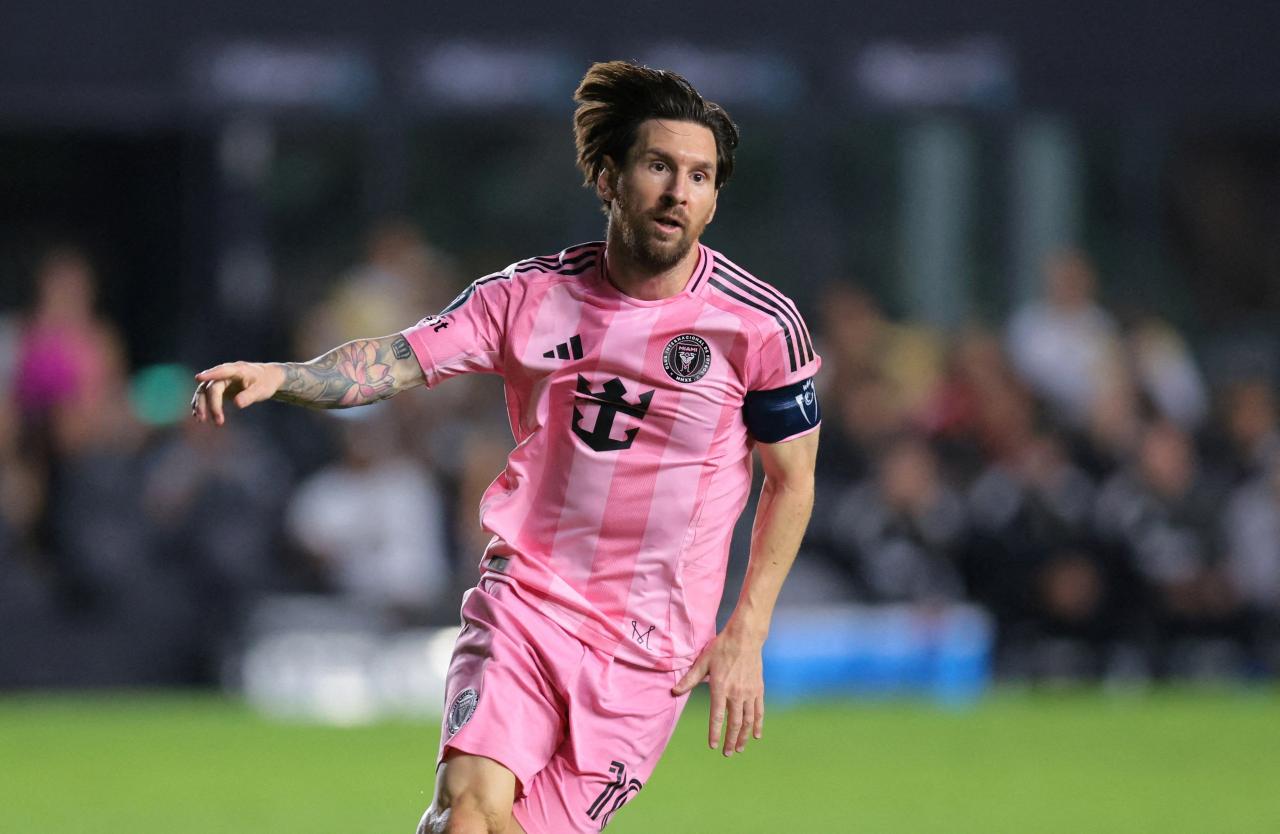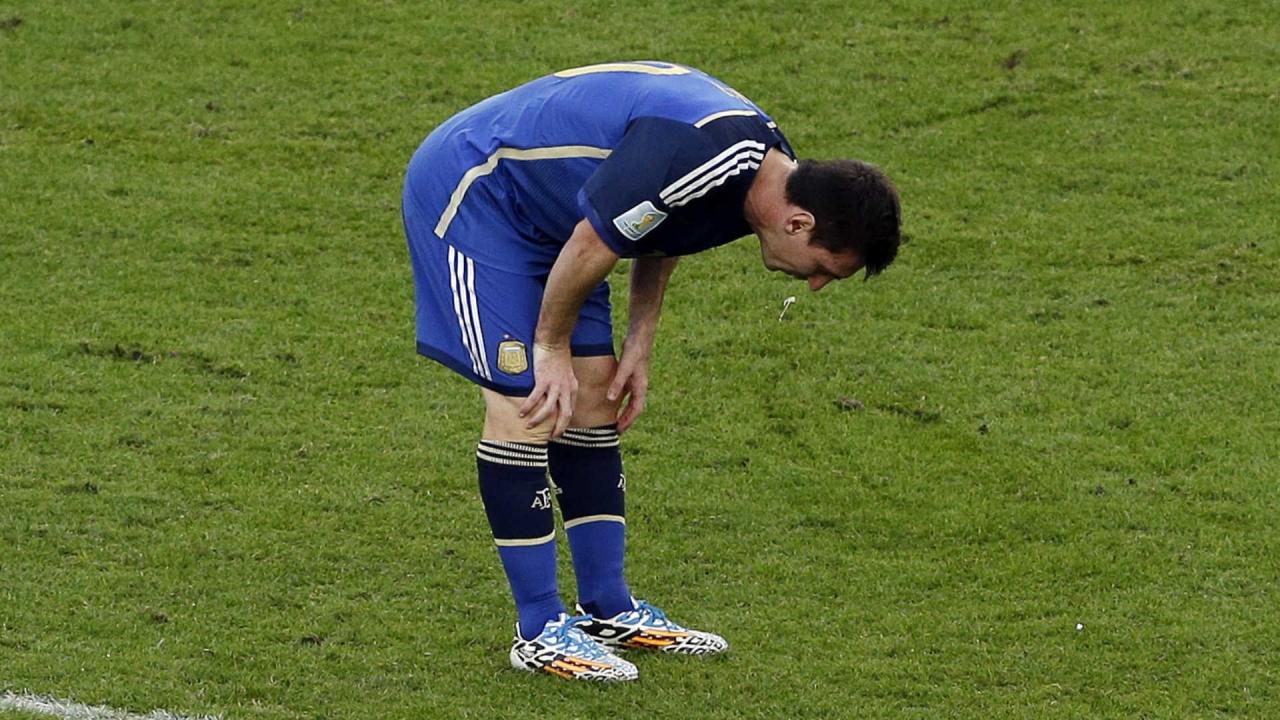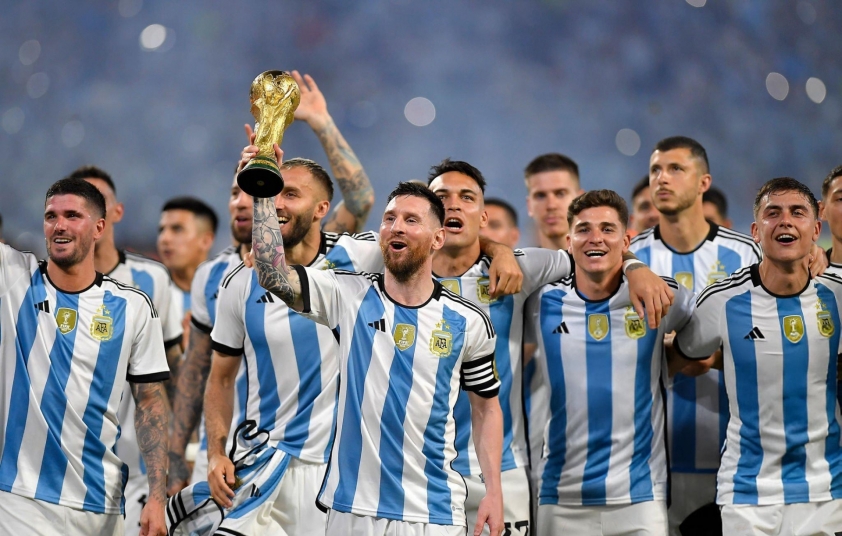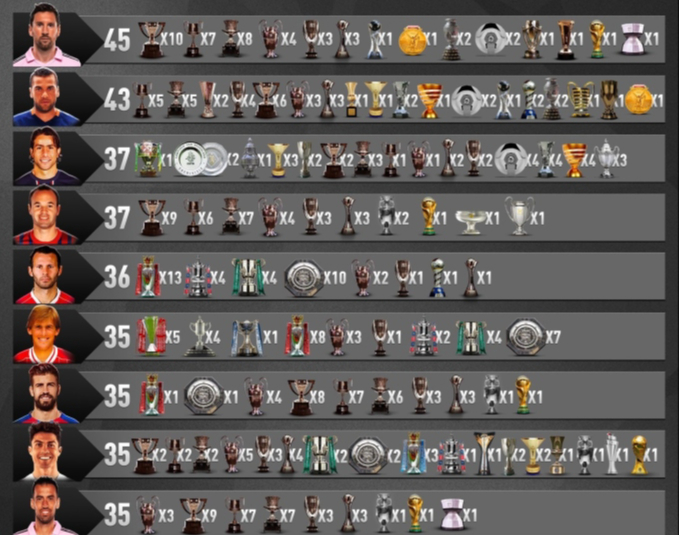
When Messi learns from Ronaldo
Messi has improved his muscle strength a lot through gym training and a healthier diet. But there is one problem that used to bother him when he was playing at the top of his game.
It was dry heaving. A problem that tormented Messi for a long time, when he was around 25-30 years old.
Fans certainly have not forgotten the image of Messi gagging every time he was put in difficult playing conditions, such as at high altitudes. Typically, every time Argentina had to play away against Peru or Bolivia.
In an interview, Messi frankly admitted that the main cause of this problem was his unhealthy eating habits, including eating sweets and drinking carbonated soft drinks.
The person who pointed this problem out to Messi was Italian nutritionist Giuliano Poser. He forced the Argentine superstar to give up the habit of drinking carbonated soft drinks. Instead, Messi was advised to eat more vegetables, seasonal fruits, fish, drink mineral water, and especially drink yerba mate tea (a traditional Argentine tea).

As a result, after the age of 30, Messi almost no longer vomits on the football field. As he gets older, Messi shows that he is just as strong as Ronaldo – who is famous for his iron-disciplined lifestyle.
In 2021, Ronaldo also caused a stir when he pushed two bottles of soft drinks off the table in the press conference room. The Portuguese superstar said he never drank these drinks.
Why Messi gave up soft drinks
According to nutrition expert Poser, soft drinks cause the following problems:
1. Causes blood sugar disorders
Soft drinks are very high in sugar, especially fructose and high fructose corn syrup (HFCS), which cause blood sugar levels to spike and then crash.
This causes nausea, dizziness and rapid loss of strength – especially dangerous during high-intensity exercise such as football.
2. Causes dehydration and digestive disorders
Soft drinks increase feelings of fullness, increase stomach acid, and can make drinkers more likely to gag during physical activity.
Caffeine in soft drinks can also cause dehydration if consumed in large amounts, affecting performance.
3. Increased risk of inflammation and injury
According to Dr. Poser, industrial foods and beverages (like soda) increase inflammation in the body, making athletes more susceptible to muscle strain, injury, and slow recovery.
4. Effects on the respiratory and nervous system
Some studies show that carbonated soft drinks increase pressure in the stomach, affecting breathing and the ability to exercise vigorously, which can lead to vomiting like Messi once experienced.
 Messi scores a classy double to help Inter Miami make an unbelievable comeback
Messi scores a classy double to help Inter Miami make an unbelievable comeback






